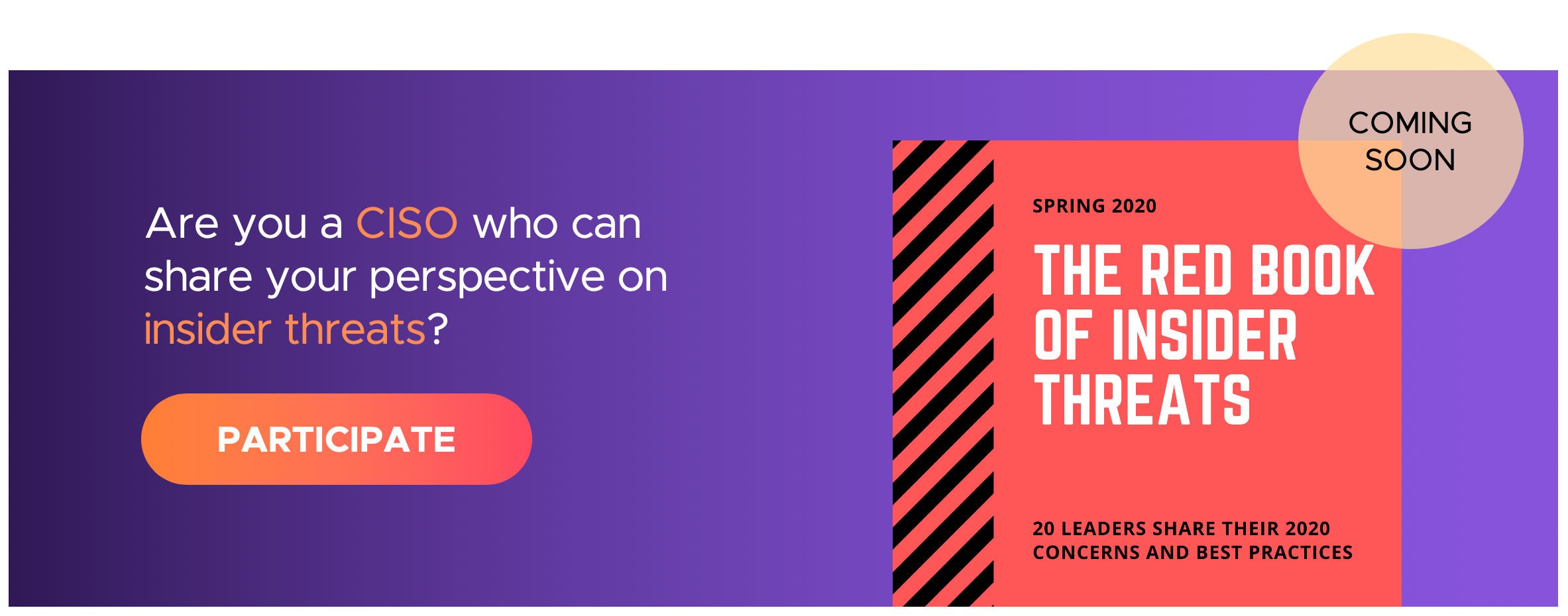
SINET just pulled together another power-packed webinar with a panel of CEOs from UK-based technology companies, several of them in the cybersecurity space.
For all of those who couldn’t attend the webinar and want to get a quick summary, here are my top notes from the webinar:
1. Panelists started out by addressing the elephant in the Webex room - how COVID and remote work has increased demand for digital transformation and cyber security solutions. Some of the best points highlighted were:
- The sharing economy that was booming on the B2C side has taken a backseat and we’re not seeing more of the sharing economy on the B2B side with companies using Cloud (shared space), SaaS (shared technologies), and also sharing ideas.
- Digital transformation and automation has also picked up pace because businesses are now forced to do things digitally that were done physically earlier. One example is more digital collaboration in the education sector
- Security tools have to reimagine the world where people are not physically located together e.g. we cannot design dashboards that can go up on a wall full of TV Screens in the cybersecurity office. Solutions have to be designed and built for security teams to work from anywhere.
- We will have to ensure security in integrated in the foundation of digital innovation projects e.g. within the government space remote work is a much bigger transition (so they are figuring out how to operate and innovate)
2. Robert, the host of the webinar then asked companies if it was better to be bootstrapped or venture-backed in the current situation. Their answers:
- There’s no right or wrong way of being financed. Both methods have their advantages and disadvantages - if you have venture resources you can be more offensive (e.g. aggressive GTM) in the current scenario, whereas if you’re bootstrapped you’re stronger on the defensive side (e.g. longer runway from judicious spend)
- A common thread is that people are now proactively thinking about resilience, cash flow, spending
- For those looking for funding, there was some good news - all panelists agreed there is still abundant capital available for a good idea and that the COVID situation will in general lead to more discipline in how capital used
3. The discussion then went into how UK businesses can sell into the US market
- Most panelists agreed that you had to go all-in and devote time and money to build CISO-level relationships, understanding local intricacies, and make your current referrals work for you
- They also pointed out that people often thought they could hack it by selling remotely from the UK (one panelist disagreed given they’d built almost half their revenue by selling remotely).
- The general advice was to have a local presence in a US time zone to make the customer feel more comfortable, and to show that you are serious about doing business in the US. They all agreed that the cost of doing business in the US is much higher than that in the UK and it was something a lot of people failed to consider.
- One panelist pointed out that three things you needed to do to be successful in any geo: create a solution that solves a hard problem, make they customer feel you will be able to support them, and be honest about where you are in the business lifecycle
4. Finally there was discussion around how they are adopting their sales and marketing methods to the current situation and how one can stand out in a crowd of security vendors
- Customer referrals are the most important way to grow a small business in this space
- Big events have gone away for the rest of this year and future attendance in these events may also be lower (events will be more hybrid next year),
- Everyone is focusing now on more digital efforts e.g. launching new products on a webinar vs at a trade show.
- Panelists agreed their existing relationships and conversations were still going well (and were unaffected by COVID) but they all felt challenged getting in front of net new logos
- A panelist pointed out that companies need to take a step back and educate/provide thought leadership on how to innovate and reduce risk (rather than pitch your product)
5. Audience question (from yours truly): With everyone working from home, do the panelists (or their customers) feel credential theft is going to become a more critical risk? Is the biggest data breach just around the corner now?
- Absolutely, everyone agreed that the risk of a big breach has really increased.
- Understanding of risk has also really changed. Companies have realized there is much more risk than what they had predicted or built monitoring/remediation/operational plans for
- Need to understand the overall threat landscape around one’s company, industry, and all consumer data in general
- Operational resilience is also key
We hope this was a useful summary. We’ll be back next week with more online cybersecurity thought leadership.










